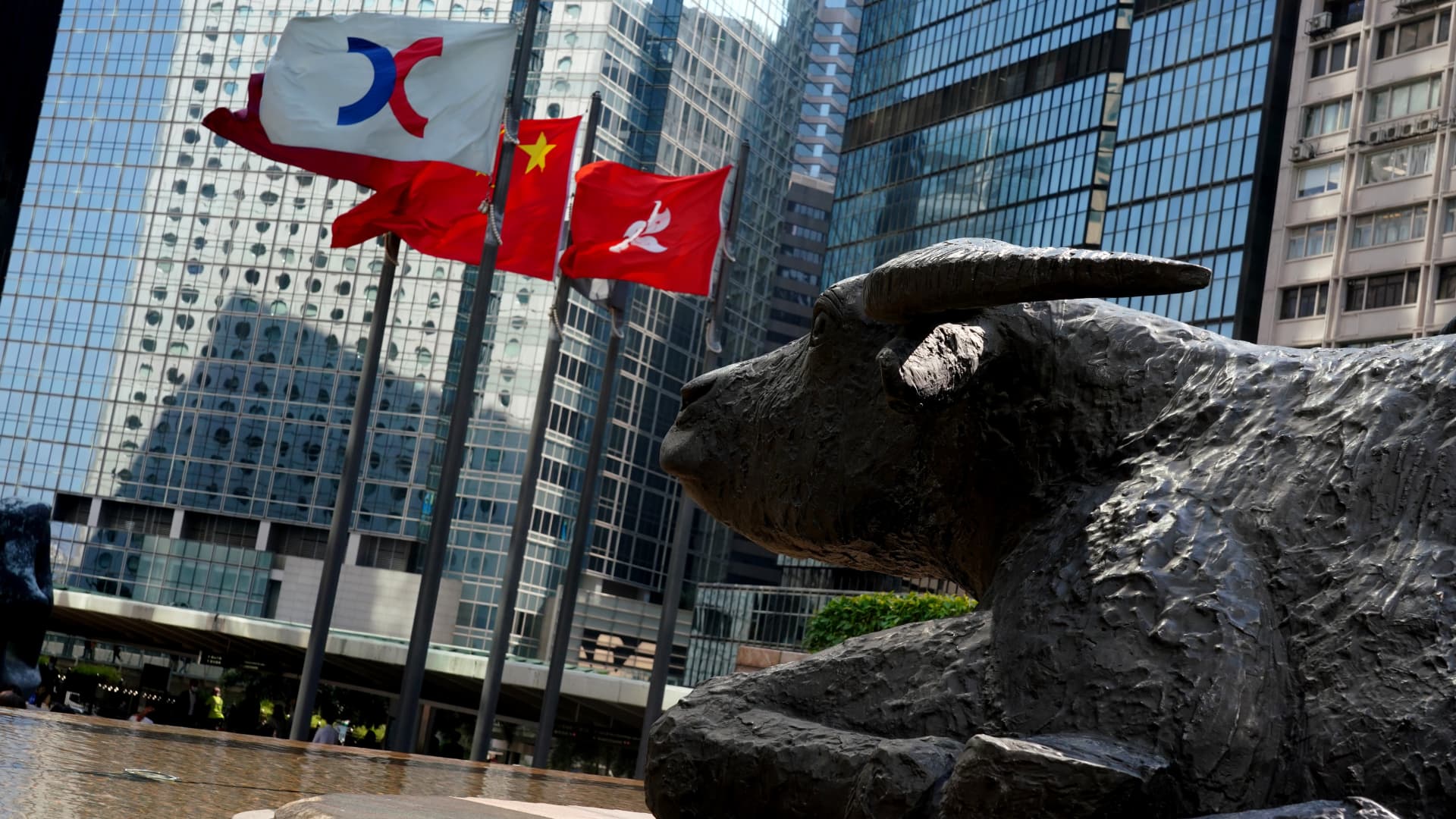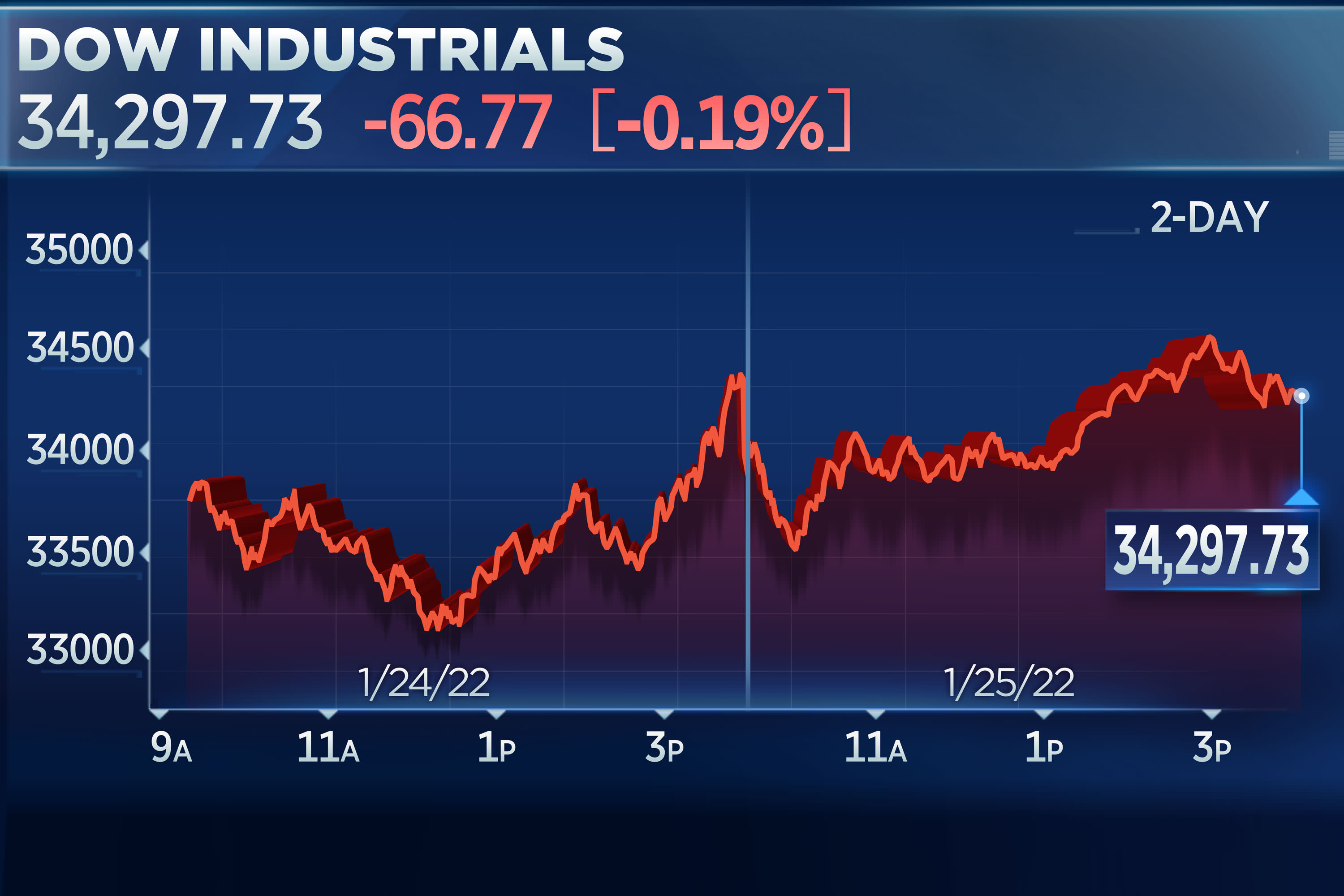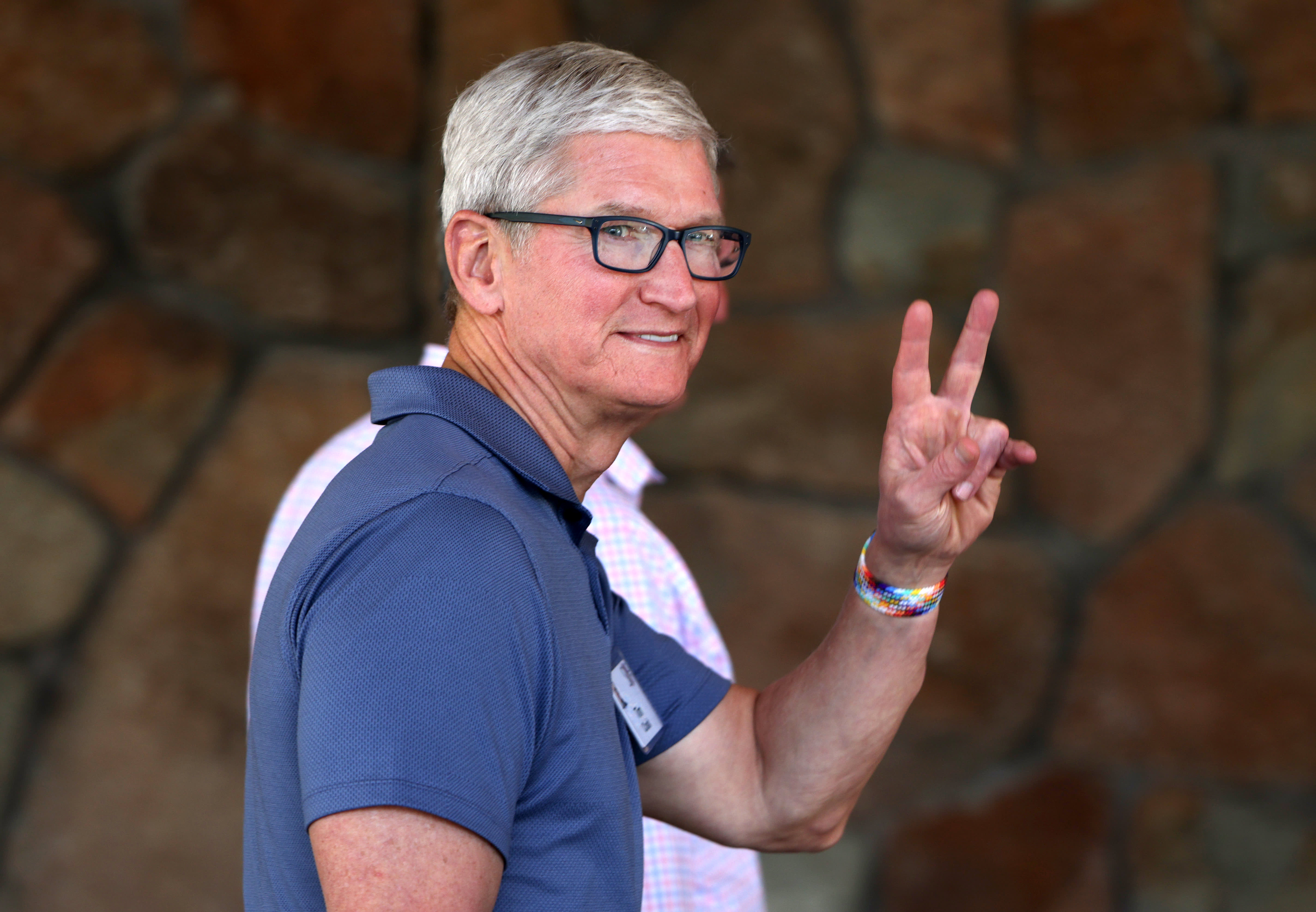Tax fraud: DC settles Bitcoin billionaire Michael Saylor case for $40 million
Bitcoin billionaire Michael Saylor founded MicroStrategy in 1989 as a software consultancy before pivoting the company to the crypto market in 2020.

Michael Saylor, executive chairman at MicroStrategy.
Valerie Plesch | Bloomberg | Getty Images
Billionaire bitcoin investor Michael Saylor and the company he founded, MicroStrategy, will pay $40 million to settle a tax fraud lawsuit brought by the Washington, D.C., attorney general, the AG's office announced Monday.
Between 2005 and 2021, Saylor allegedly evaded over $25 million in District of Columbia income taxes by posing as a resident of lower-tax states like Florida and Virginia, Attorney General Brian Schwalb said in a 2023 civil complaint.
Saylor's actual home, the suit alleges, was a luxury penthouse apartment in Washington overlooking the Georgetown waterfront, where he kept his yachts on the Potomac River.
The attorney general charged both Saylor and MicroStrategy with tax evasion, claiming that the company helped its founder disguise his D.C. residency so he could avoid paying higher income taxes.
MicroStrategy also allegedly failed to pay the corporate taxes required for a company employing D.C. residents, of which Saylor was allegedly one of several.
"Saylor openly bragged about his tax-evasion scheme, encouraging his friends to follow his example, and contending that anyone who paid taxes to the District was stupid," Schwalb said in a statement.
Saylor denied the attorney general's allegations and doubled down on his claim that he lives in Florida.
"Florida remains my home today, and I continue to dispute the allegation that I was ever a resident of the District of Columbia," Saylor said in a statement to CNBC on Monday. "I have agreed to settle this matter to avoid the continued burdens of the litigation on friends, family, and myself."
MicroStrategy did not immediately respond to requests for comment.
Saylor founded Virginia-based MicroStrategy in 1989 as a software consultancy and a pioneering data analytics firm, taking the company public in 1998 on the Nasdaq. He served as MicroStrategy's CEO until 2022 when he stepped into the role of executive chairman.
In 2020, Saylor shifted the company into the cryptocurrency market and has since amassed billions of dollars worth of crypto.
Saylor's net worth is about $4.6 billion, according to Forbes. He also held 2.4 million shares of MicroStrategy, or a 13% stake in the company, as of February.
MicroStrategy's stock closed at $1,524.49 per share on Friday.
Read more CNBC politics coverage
The original suit against Saylor was brought in 2022 by former D.C. Attorney General Karl Racine. It was sparked by a 2021 whistleblower lawsuit that claimed Saylor had cheated on his taxes and bragged to his friends about it.
That lawsuit tipped off the attorney general's office, which later conducted its own investigation and filed civil charges.
The case against Saylor was the first one brought under an updated version of the False Claims Act in the District of Columbia. The update expanded the attorney general's tax enforcement powers and incentivized whistleblowers to come forward by offering rewards of up to 25% of the district's winnings in successful cases.
According to the attorney general's account, Saylor lived in the same luxury apartment building overlooking Georgetown's waterfront since at least 2005.
From 2006 to 2008, Saylor bought three luxury D.C. condos that he later renovated into a single complex that he called the "Trigate." During the renovations from 2011 to 2015, Saylor allegedly stayed between his yachts, his penthouse and another apartment in the Adams Morgan neighborhood of Washington.
The civil complaint cited several Facebook posts on Saylor's account, dating to the time of the home renovations.
"Gazing wistfully at my future home while I wait for James to crack the whip on the contractors and herd the cats," Saylor wrote in a 2012 post. "I wonder if Tony Stark would be so patient..."

 Lynk
Lynk 
































